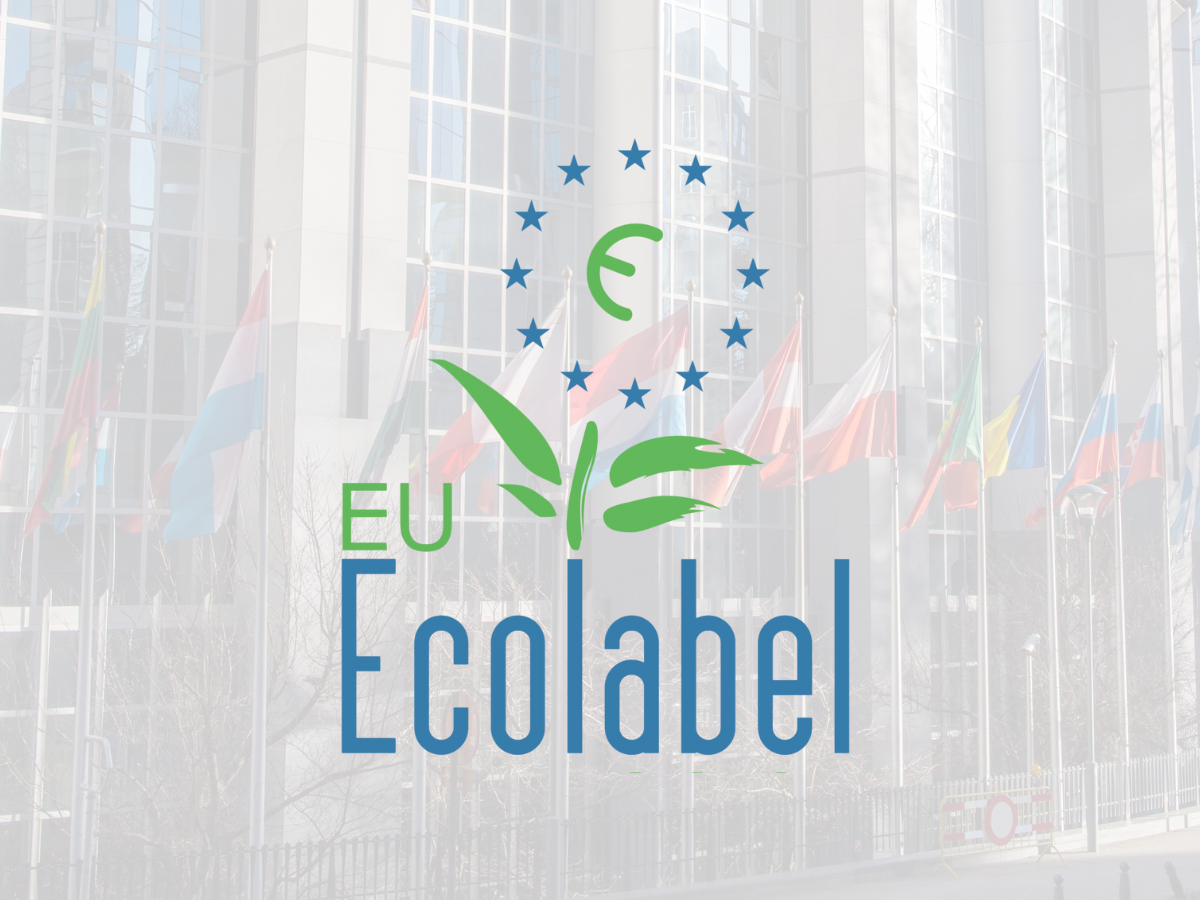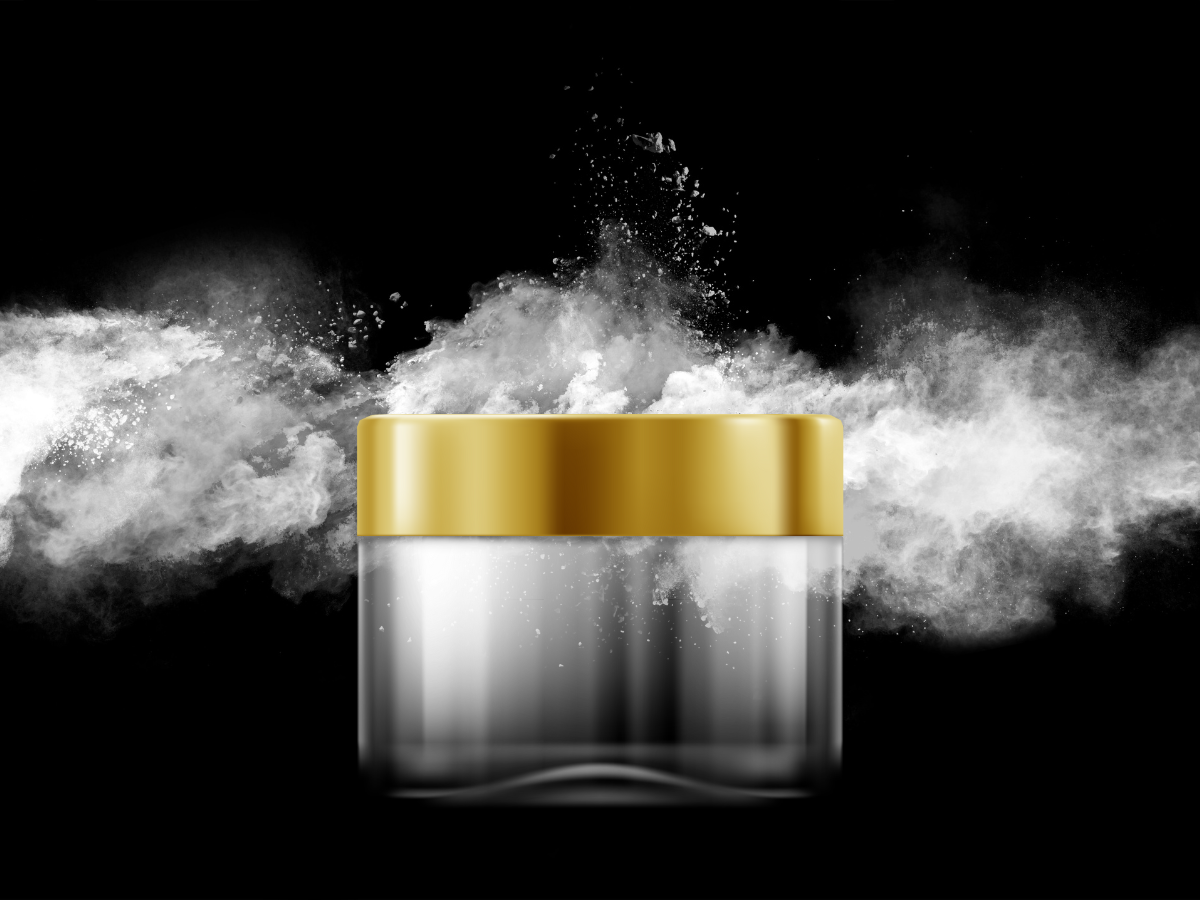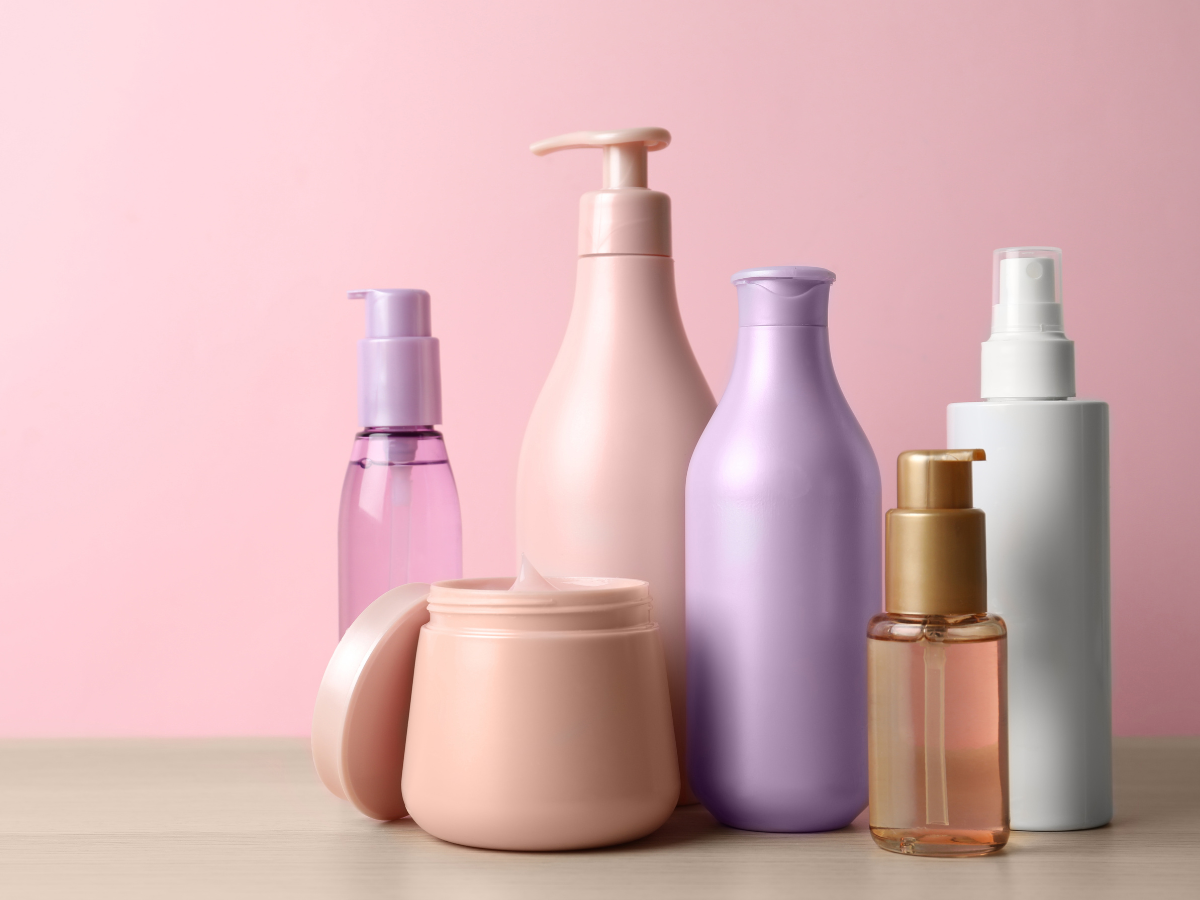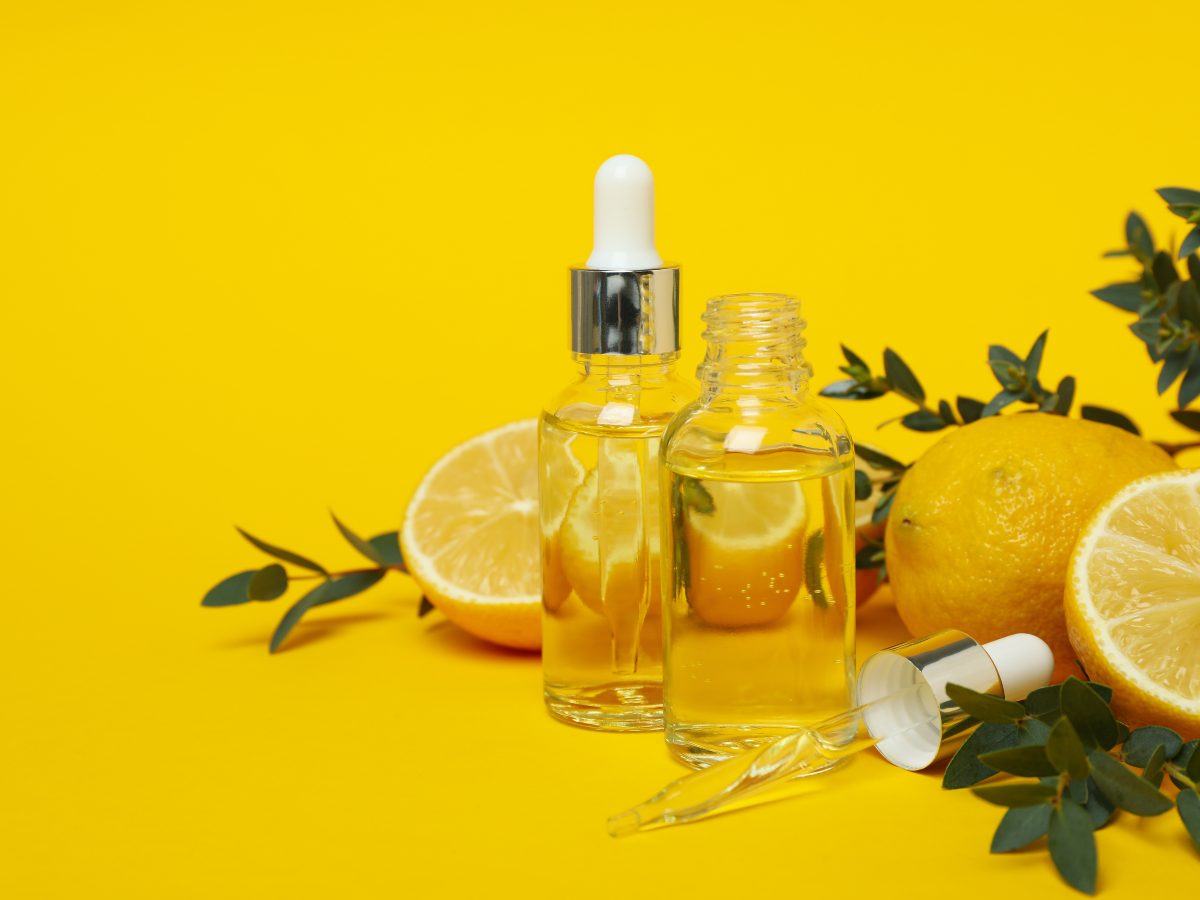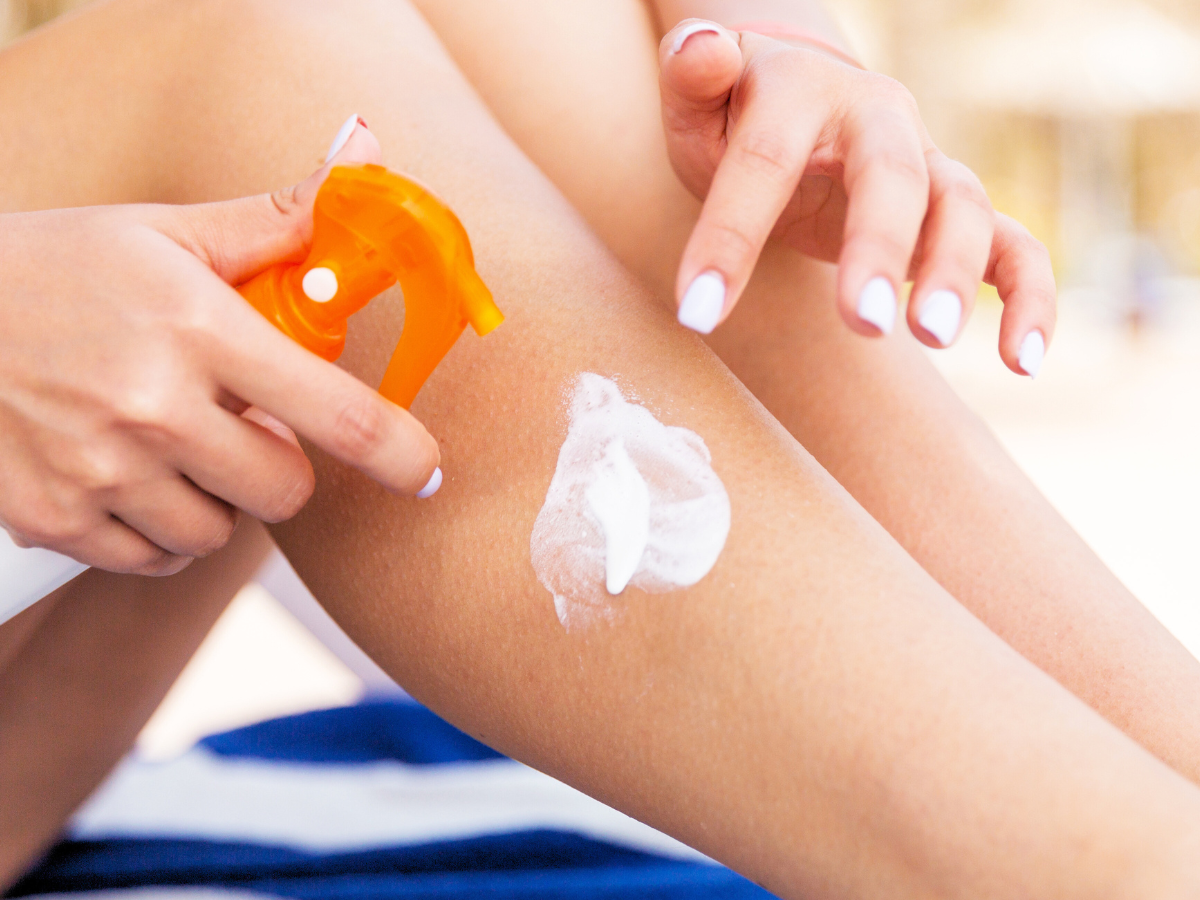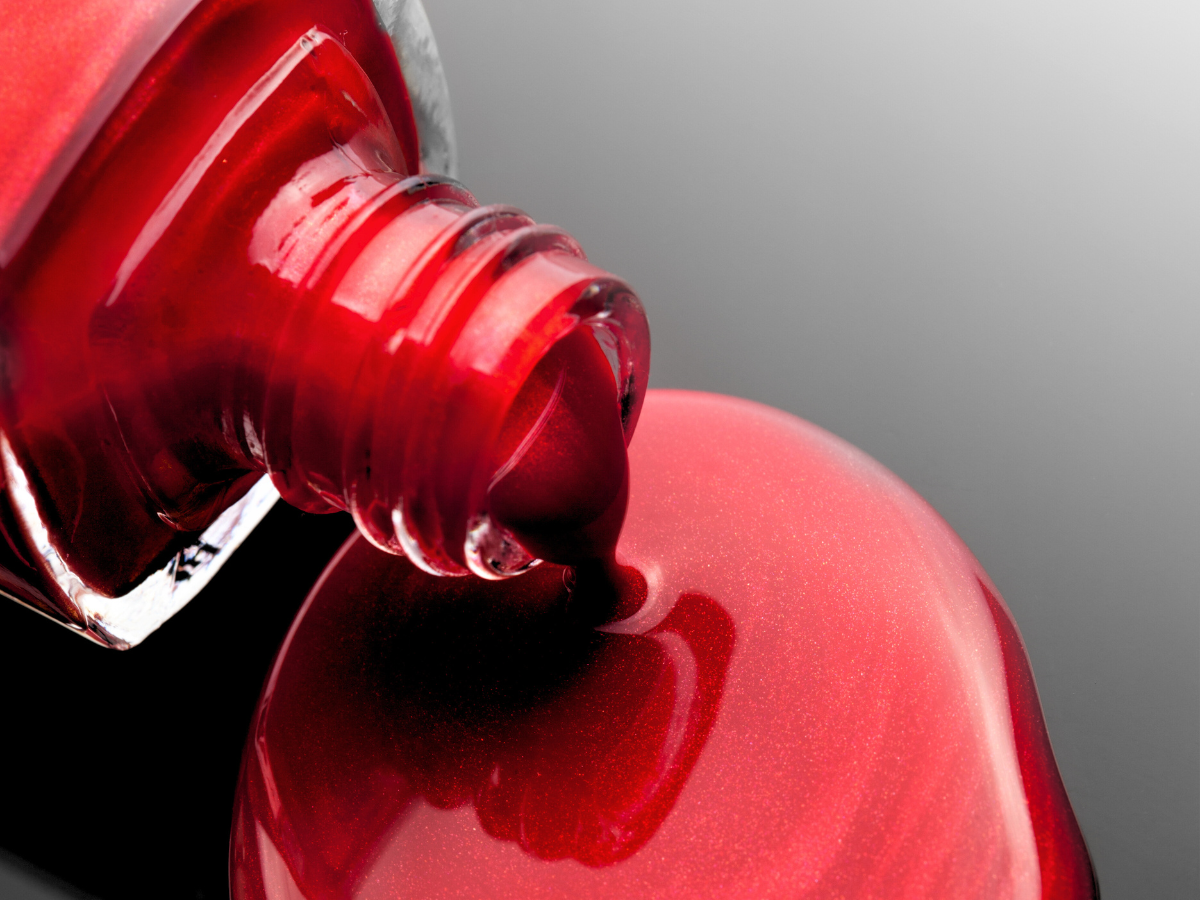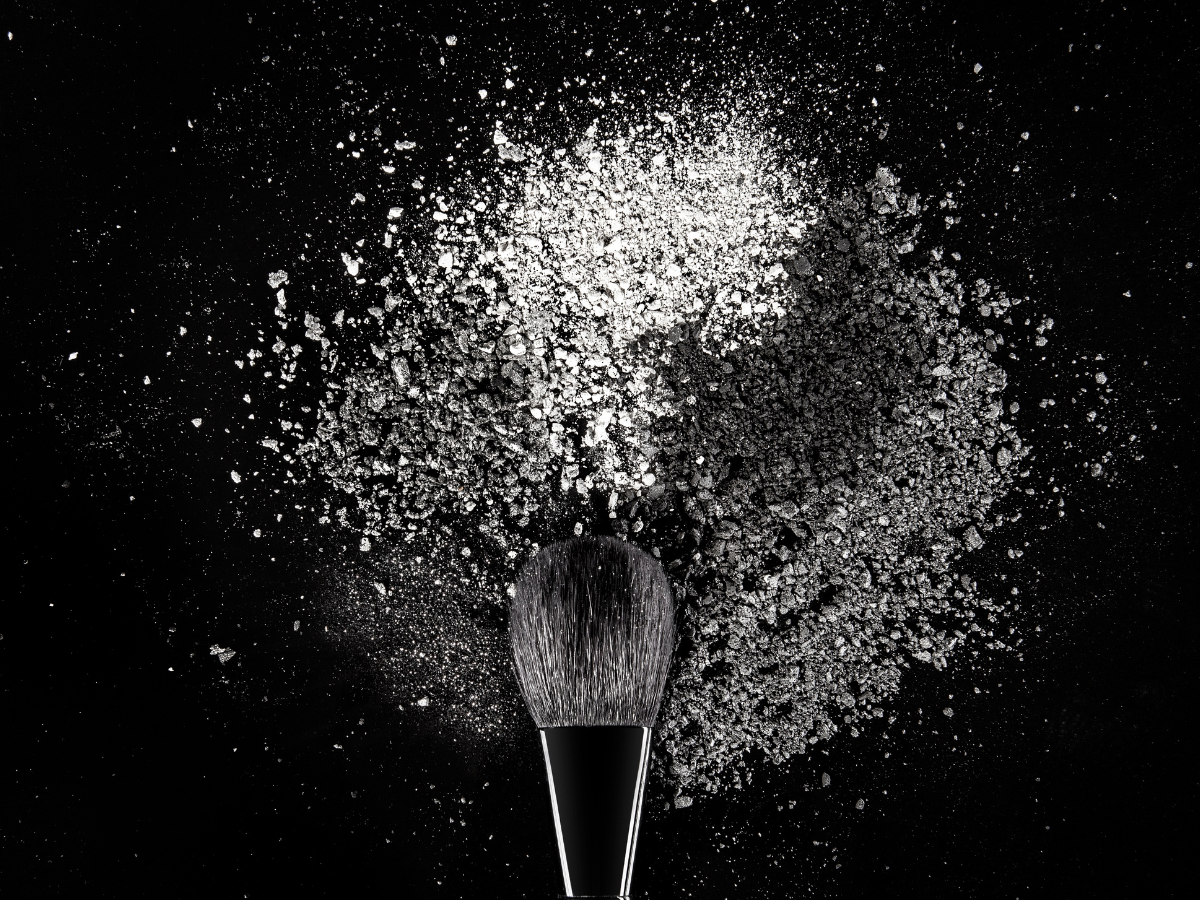Fresh figures released by the European Commission reveal a significant uptick in the use of the EU Ecolabel within the european market. The data indicates approximately 90,000 certified products spanning across 25 diverse product groups. Notably, the cosmetic sector witnessed an addition of 17 licences.
Moreover, the recent Flash Eurobarometer 535 survey suggests an uptrend in public awareness and trust towards the EU Ecolabel. The survey, which compiled responses from over 25,000 individuals from the 27 EU Member States, found that:
- EU citizens are increasingly recognizing the EU Ecolabel (+11% since 2017)
- The Ecolabel influences purchasing decisions (78%)
- The public associates the EU Ecolabel with environmental excellence (56%)
The report further underscores consumer predilections for ecolabeled products. The most commonly purchased EU Ecolabel products and services include detergents (23%), paper (23%), absorbent hygiene products (22%), and cosmetics products (21%).
By ensuring the credibility and trustworthiness of environmental labels and claims, consumers can make more informed purchasing decisions. This, in turn, can enhance the competitive edge of businesses focused on bolstering the environmental sustainability of their products and operations.
Talk with our team to discover how you can attain the Ecolabel Certificate.
REFERENCES

